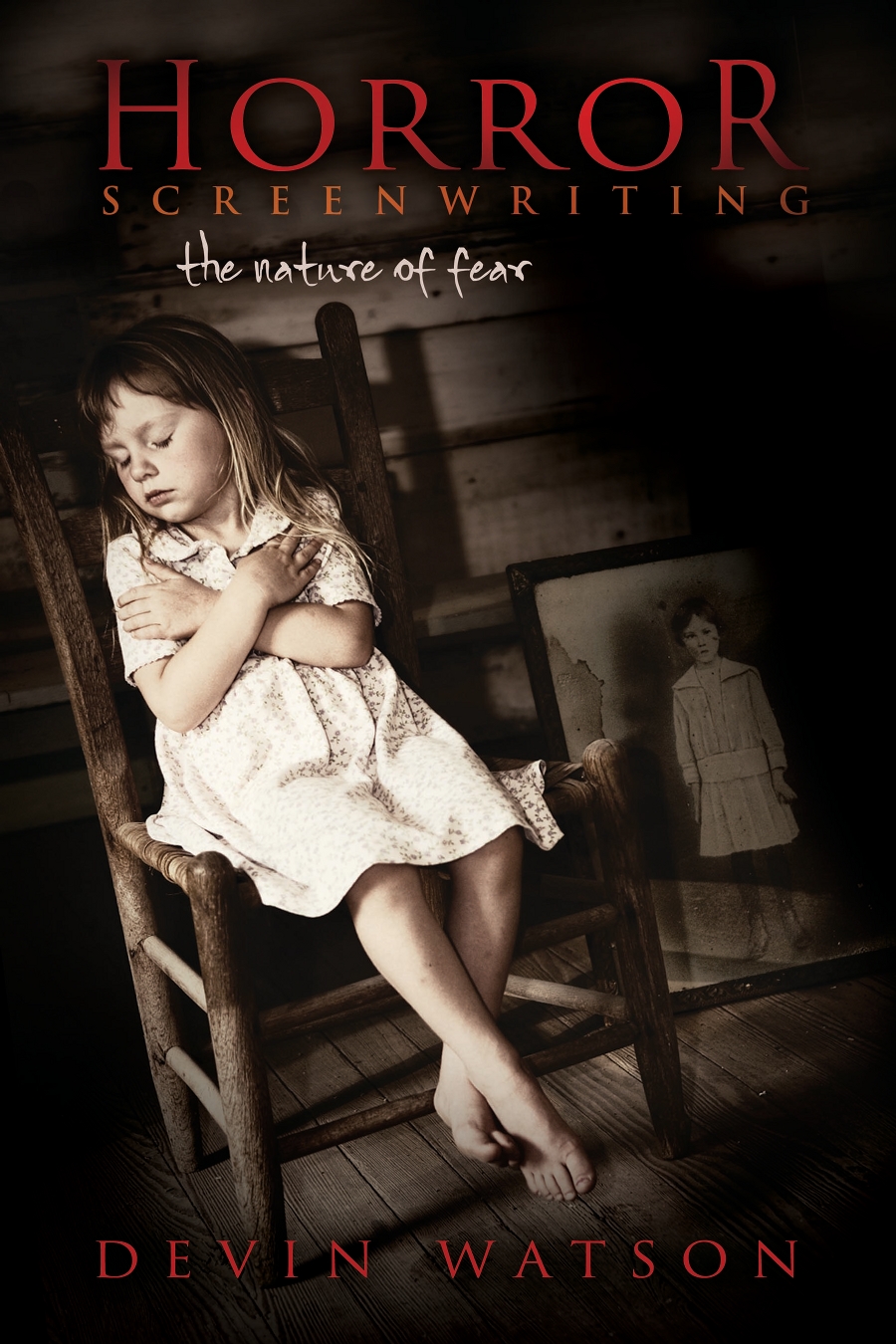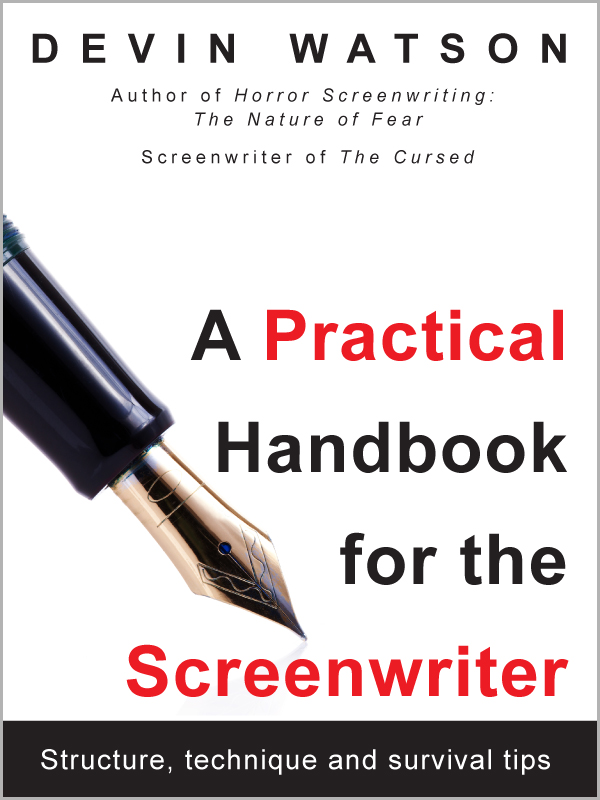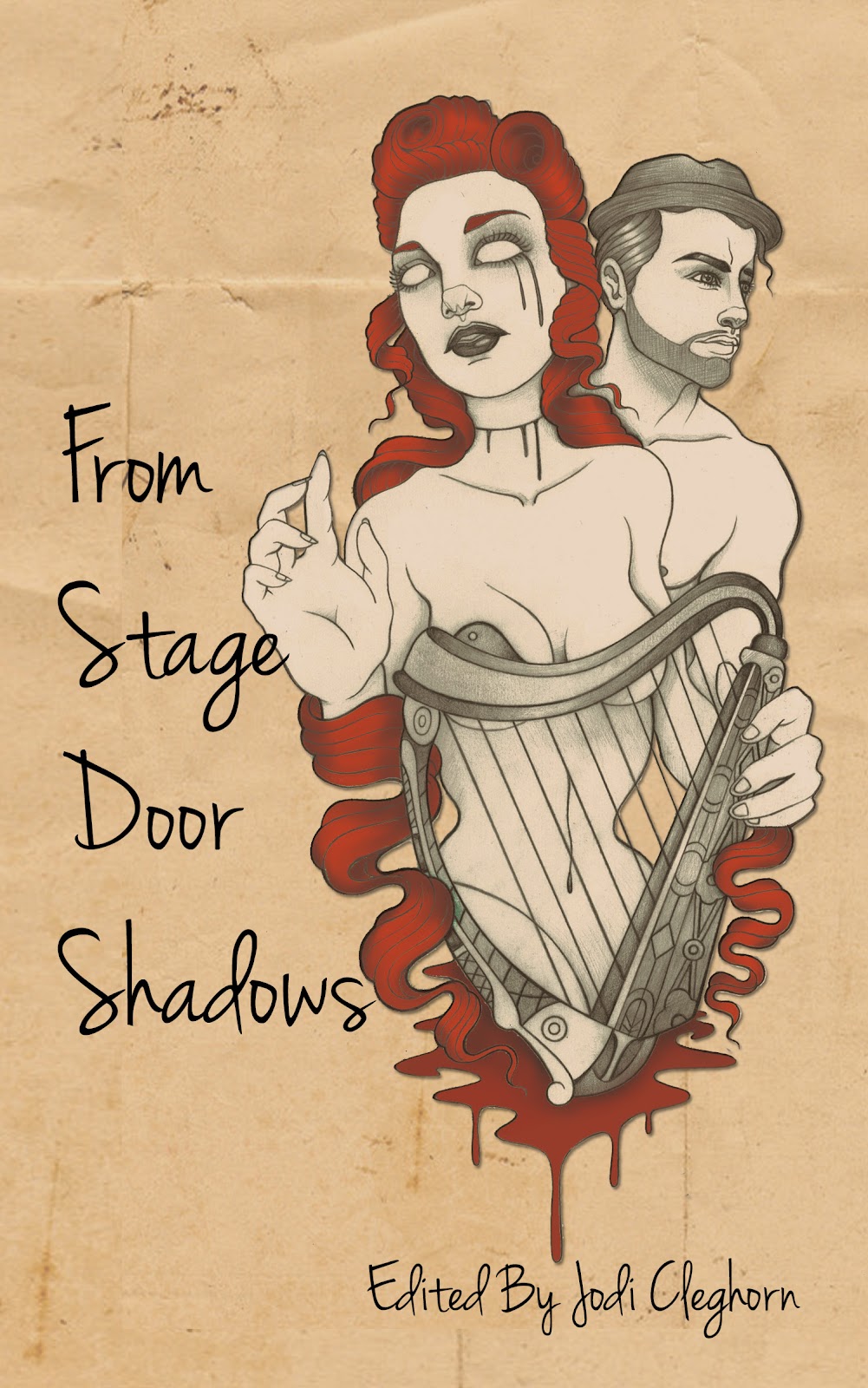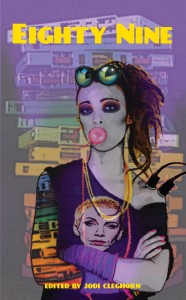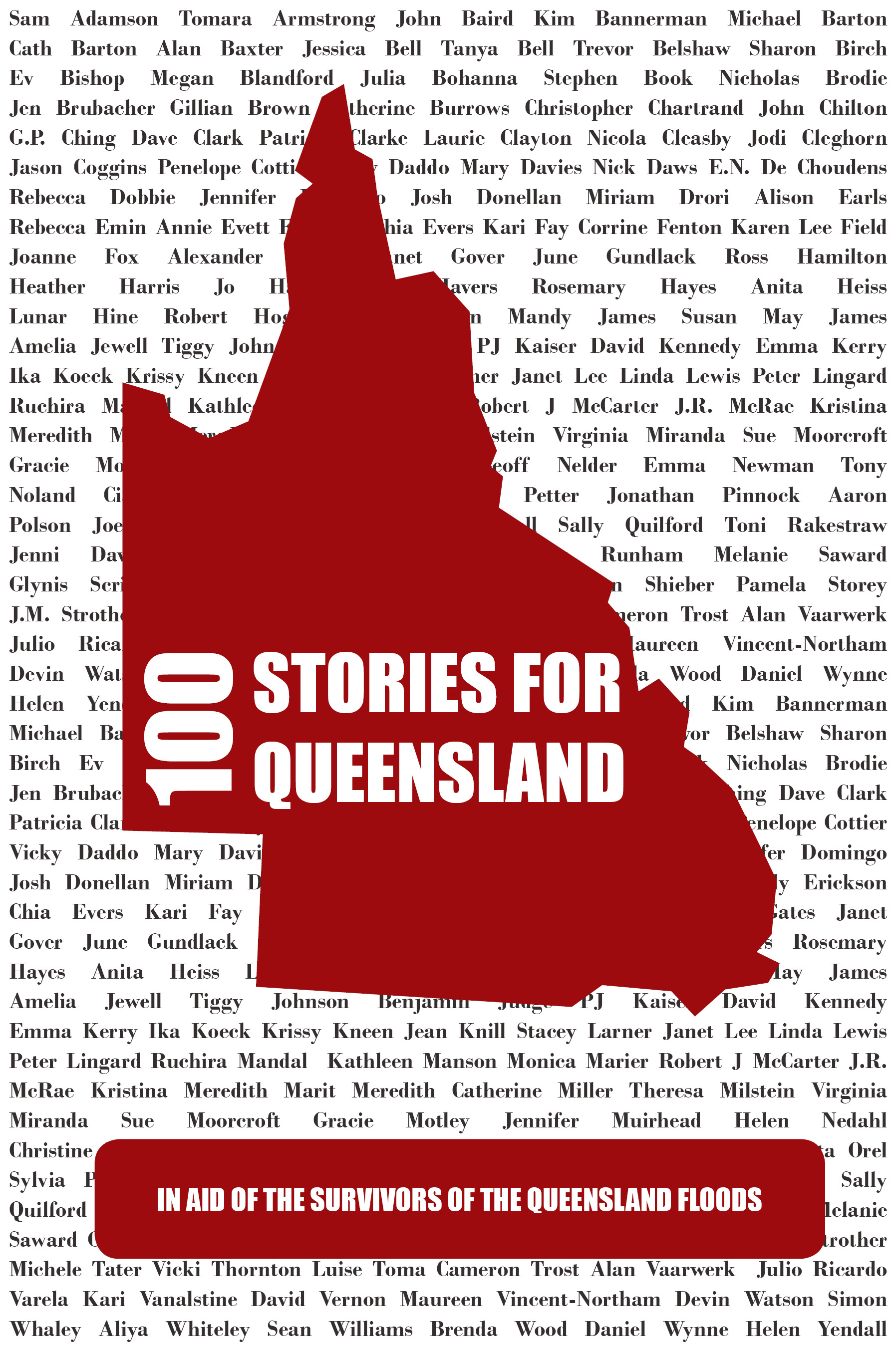Of all the topics in writing out there, theme is one of the most elusive concepts for a writer to grasp. It has driven better men insane in pursuit of its understanding. Those who know it shout it from the rooftops and beat their chests while chanting, “Theme! Theme! Theme!”
Well no, not really. I think any writer that literally did that would find themselves locked up in a mental ward quickly. And yet it’s considered important to understand what theme is, that slippery bugger. Whole articles are devoted to its importance yet few actually try to explain what it is. I think that’s because even they do not know how to fully articulate its meaning.
It has been taught in so many different ways, some even with handy diagrams. None of them worked for me in school. I kept wondering if this was more of a device used by critics as a means of justifying their paychecks. In a way that’s true, but in a way it’s not. If you’re not aware of what the theme of your story is and you get stuck in your story you won’t have that wonderful tool there to help you out.
Here is the best comparison I can come up with for what theme in any story is, based on my own experience:
Theme is the invisible character in the background that’s in every scene of your story silently motivating your characters along to make the decisions they make.
Your mileage may vary.
Not too bad, not too pretentious. It’s the one definition that I have found that works for me. So why does it influence your characters’ decisions? Because if you were writing with a theme of hope in your story, such as it was in The Shawshank Redemption, they certainly would not be depressed and make decisions that a depressed person would make, would they?
You could also look at it as a guiding principle behind the story, or the puppetmaster pulling the strings this way and that behind the curtain unnoticed. Remember that you should be in control of it, not the other way around. Otherwise there won’t be anyone steering the boat.
Do you need to know what the theme of your story is before you write it? No. Would it help? Possibly, but you would also end up getting wrapped around the axle on minutiae and there would be a good chance you’d end up never finishing your story. Why? Because you’d end up writing for theme, not with it. You’re not writing a term paper. You’re writing something entertaining.
Here’s why theme is important for you to know as a writer. I like to give my stories a chance to breathe and find out what the theme is as soon as possible. That way, if I do get stuck somewhere (and it does happen frequently), I can always use it as a solid touchstone to remind me what I’m truly writing about and look for a solution to those problems I’ve painted myself into a corner with.
You may not know your theme until you’re almost done too. That’s okay as well, but I would recommend finding it out as soon as possible.
One thought on “Ripping Through Theme”
-
Pingback: Tweets that mention Ripping Through Theme | Insane Ramblings of a Sane Madman -- Topsy.com
Comments are closed.

